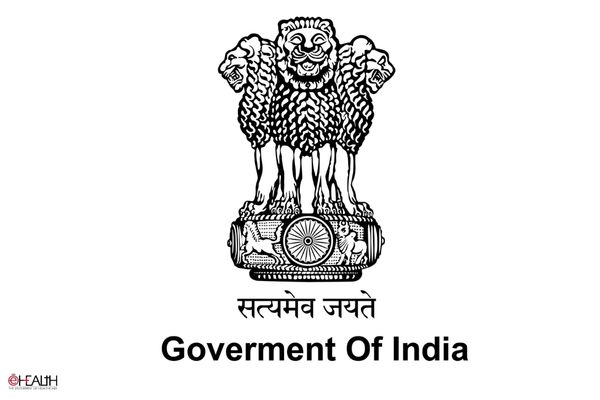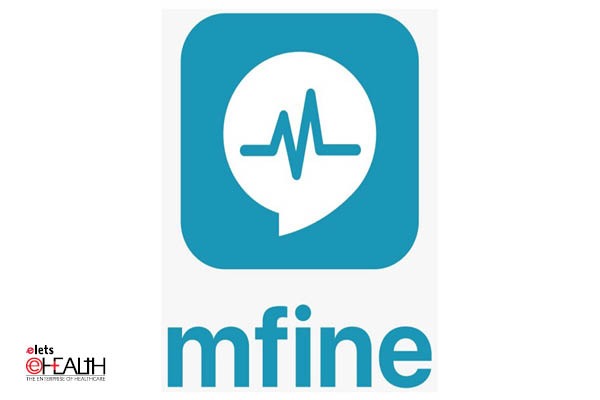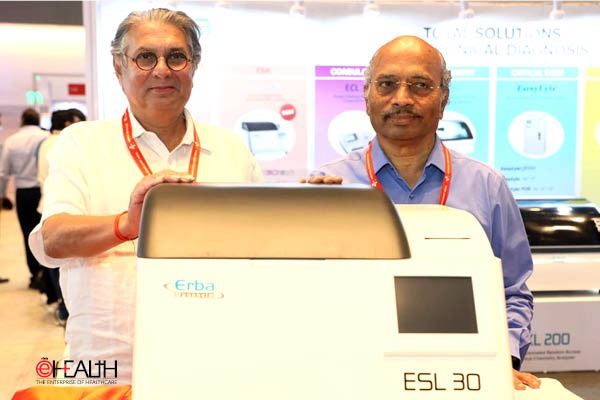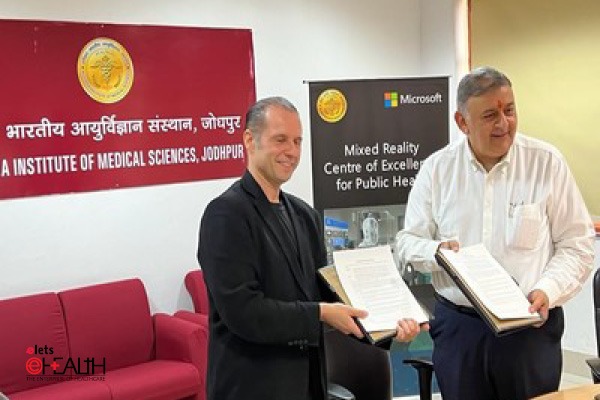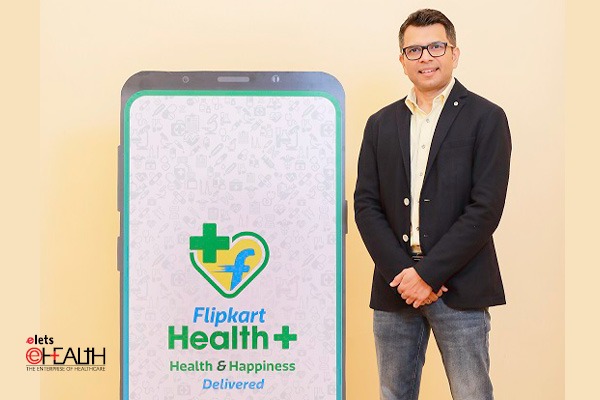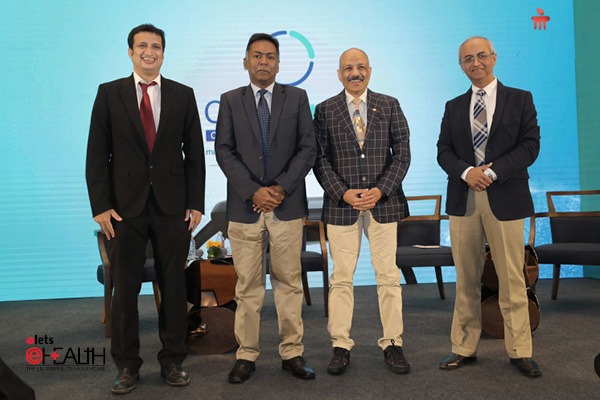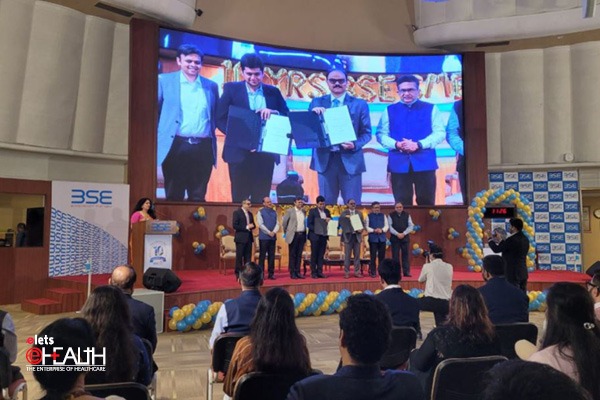To address the burgeoning concern about the need to ensure healthcare access in India, ASSOCHAM organised the conference, Access to Healthcare in New Delhi on November 17, 2011. The event brought together health experts and industry leaders to elicit their views on aspects such as affordability and outreach, healthcare innovations and health insurance. Healthcare organisations, NGOs and Pharmaceutical companies shared their contributions towards the improvement of healthcare in the country.
Kewal Handa, Chairman, ASSOCHAM Drug and Pharma Council, and MD, Pfizer Ltd. said, The topic is of importance and needs to be addressed impartially from a holistic point of view. Availability, affordability and acceptance are all parts of access. He added that Indian medicines are the lowest priced in the world and the Indian Healthcare market is the most competitive for pharmaceutical companies. So the issue is bigger than just that. Availability of medicines and facilities at the right time and provision of an umbrella of insurance coverage are imperative.

The event was supported by India Health Progress, an independent initiative of institutions and individuals aligned towards ensuring universal access to healthcare in India. Aman Gupta, Principal Advisor, India Health Progress said, Indias diverse and multicultural society, characterized by overpopulation and rapid but unequal economic growth, often faces underutilization of effective healthcare. Many factors contribute to this burden. It is imperative for healthcare authorities to take a series of steps to address all issues that impede access, not pricing alone.
Indias healthcare industry is poised to reach US$55 billion by 2020. However, many healthcare challenges still remain unaddressed. Despite various efforts, advancements and improvements, the Indian health system continues to be characterized by inequalities in healthcare delivery, meager health financing, inadequate access to high-quality health services and manpower, each worsened by the rapid rise in the disease burden.
Despite the rich-poor, urban-rural divide in the country, what greatly affects the healthcare situation is not a mere monetary issue, but of accessibility. The authorities for long have been skirting its policies around price control, yet universal access to healthcare seems to elude India.
Dr. Bibek Debroy, renowned Economist, Professor, Centre for Policy Research and author of the White Paper titled The Indian Health Sector Providing Choice, Competition, Efficiency and Finance shared his views on the topic of providing choice and competition to drive efficiency. He stated, Although choice and competition drive efficiency, in the 1960s the emphasis shifted to public funding and public provisioning. As a result, an ambience of inefficiency and stagnation pervaded the health sector. Although choice and competition once again came to the fore with liberalization in July 1991, the public sector still lacks efficiency, functioning in a perfunctory manner.

Moreover, with pricing of drugs being mistakenly linked with lack of healthcare access, price control measures were implemented but these failed to improve access. He added that to engineer favourable outcomes that help India meet its healthcare goals, focus should lie on improving delivery and infrastructure issues, skills upgradation, addressing the disease burden and developing efficient Public-Private Partnership models.
Be a part of Elets Collaborative Initiatives. Join Us for Upcoming Events and explore business opportunities. Like us on Facebook , connect with us on LinkedIn and follow us on Twitter , Instagram.



